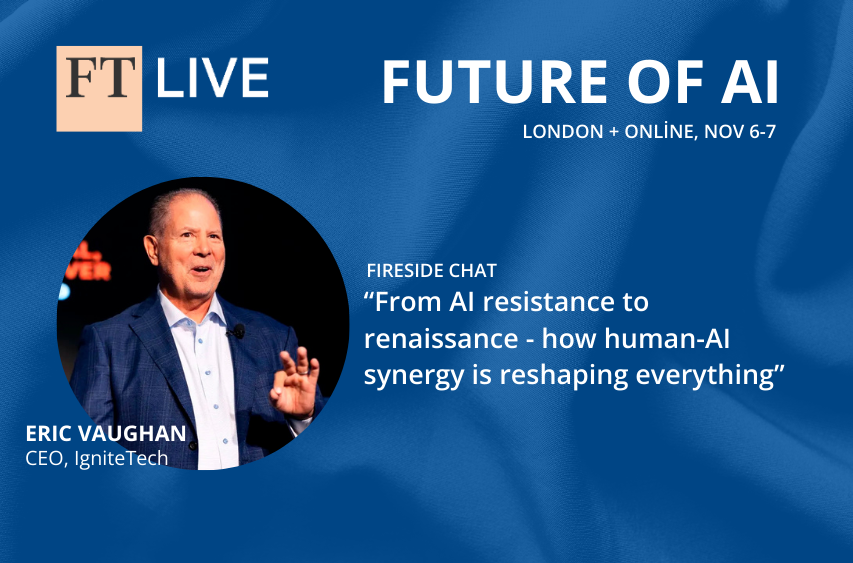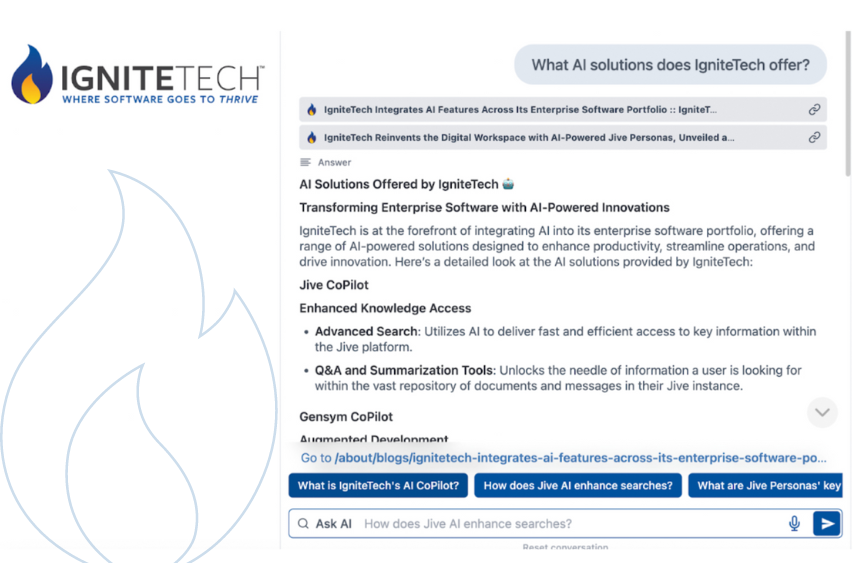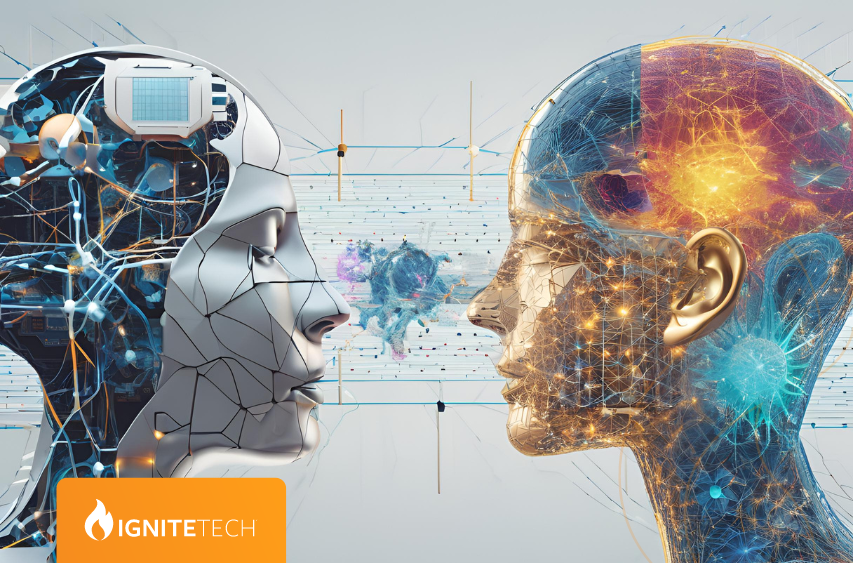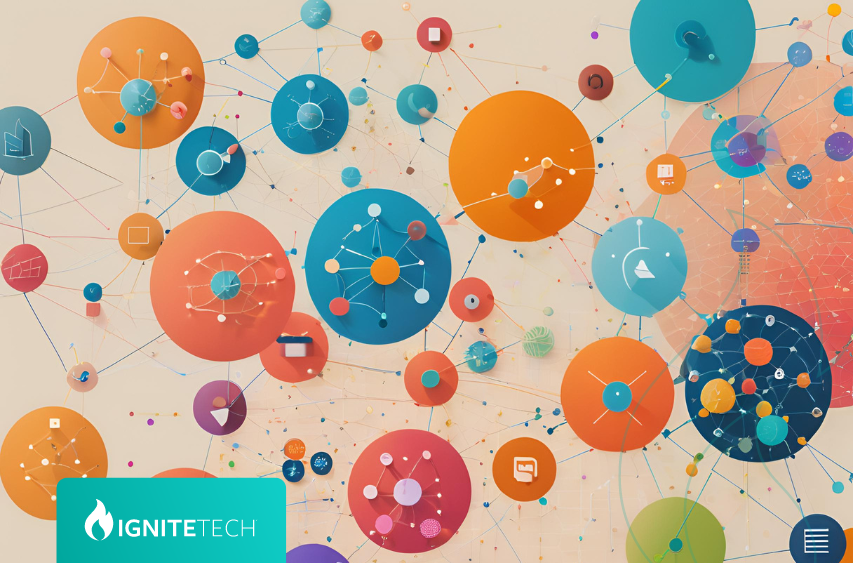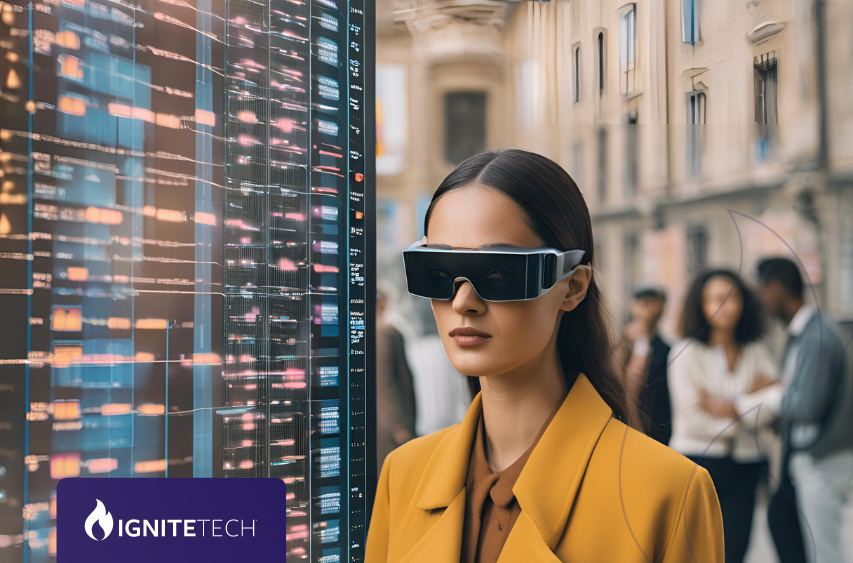The rapid advancement of artificial intelligence (AI) has sparked numerous debates about its potential effects on human creativity, productivity, and overall well-being. To shed light on these crucial questions, we've analyzed a groundbreaking study commissioned by Samsung Galaxy and conducted by a team of independent researchers and leading AI experts from Symmetry, Goldsmiths, the University of London, and other institutions.
This first-of-its-kind pilot study, conducted in June 2024, surveyed 5,000 people aged 18 and above across five key markets: France, Germany, Korea, the United Kingdom, and the United States. The research aimed to uncover how early adopters of mobile AI technology could provide insights into the future impact of AI on our daily lives.
The study focused on four key quality-of-life indicators:
- Creativity
- Productivity
- Social Relationships
- Physical Health
Participants were asked to evaluate themselves based on these indicators and rank their willingness to use mobile AI across different areas of their lives. The findings reveal a striking correlation between mobile AI usage and improved quality of life, with frequent AI users reporting significantly higher ratings across all indicators compared to rare or non-users.
Importantly, the study also uncovered an emerging divide in the quality of life reported by those who use mobile AI and those who don't. This gap is particularly pronounced among a subset of frequent mobile AI users (16% of respondents) who, in some cases, are twice as likely to report high ratings across quality-of-life indicators than the 84% using mobile AI rarely or not at all.
While the results are exciting and point to AI's potential as a gateway to better living, they also raise important questions about the digital divide and equal access to these technologies. As we explore these findings, we'll also consider complementary research and our own insights to provide a comprehensive view of AI's impact on happiness, creativity, and overall quality of life.
Let's explore the key findings from the Samsung study and what they mean for the future of work and personal well-being in the AI era.
Key findings
Creativity Boost: The study reveals a significant gap in creative expression between frequent and rare mobile AI users. 54% of frequent users report regularly expressing their creative side, compared to only 25% of rare users. This suggests that AI tools are not stifling human creativity but rather enhancing and inspiring it.
Moreover, frequent AI users show a greater openness to new experiences and perspectives. 51% of respondents say they use mobile AI to open themselves up to new ideas, while 55% use it to search for inspirational content.
Productivity Surge: The difference in terms of productivity is equally striking. 63% of frequent mobile AI users report feeling productive, compared to 43% of rare users. This 20-point gap indicates that AI is helping people work smarter and more efficiently.
The study also found that people are eager to use mobile AI for various productivity-enhancing tasks, such as organizing schedules, setting reminders, and automating routine processes.
Enhanced Social Relationships: Contrary to concerns about technology isolating people, the study suggests that mobile AI might be enhancing social connections. 45% of frequent AI users feel their social needs are being met, compared to 31% of rare users.
This finding aligns with the idea that AI tools can facilitate better communication, help plan social activities, and even assist in maintaining long-distance relationships.
Improved Physical Health: Even in the domain of physical health, frequent AI users report better outcomes. 48% say they feel physically healthy and energized, compared to 32% of rare users. This could be attributed to AI-powered health tracking, personalized fitness plans, and reminders for healthy habits.
Overall Life Satisfaction: Perhaps the most striking finding is the overall impact on life satisfaction. A remarkable 75% of frequent AI users rate their quality of life as good to very good, compared to just 45% of rare users. This 30-point gap underscores the potential of AI to significantly enhance overall life satisfaction.
The Digital Divide: A Cause for Concern?
While these findings are undoubtedly positive, they also highlight a growing digital divide. The 16% of respondents classified as frequent mobile AI users are experiencing significantly higher quality of life across all indicators. This raises important questions about equal access to AI technologies and the potential for a new form of social inequality.
As AI becomes more integral to daily life, it's crucial that we address this divide to ensure that the benefits of AI are accessible to all segments of society. This may involve initiatives for digital literacy, affordable access to AI-enabled devices, and inclusive AI design that caters to diverse user needs.
The Future of Work in the AI Era
A recent Slack survey offers complementary findings that further illuminate this impact. Industry research consistently points to AI's potential to enhance productivity and job satisfaction.
According to the Slack study, 80% of AI users report increased productivity, while nearly a third feel more passionate about their work when using AI tools. These findings align with those of the Samsung study and reinforce the idea that AI, when implemented thoughtfully, can be a powerful tool for improving both professional and personal life.
Moreover, the Slack study reveals that employees using AI report better work-life balance, a stronger sense of belonging, and higher overall job satisfaction. These benefits extend beyond the workplace, contributing to an improved quality of life overall, which aligns with the Samsung study's findings on AI's impact on creativity, productivity, and well-being.
6 Ways AI Can Improve Work Life
Drawing from the Samsung and Slack studies, as well as broader industry insights, there are six key areas where AI can significantly improve work life:
Cutting Down on Boring Tasks: AI excels at handling repetitive tasks, freeing up employees to focus on more creative and meaningful aspects of their jobs. This shift not only boosts productivity but also reduces burnout and increases job satisfaction.
Better Decision-Making: AI-powered predictive analytics can help managers identify trends, anticipate problems, and make more informed decisions. This proactive approach creates a more dynamic and responsive work environment.
Personalized Learning: AI can tailor learning and development programs to individual needs, ensuring employees acquire relevant skills in ways that suit their learning styles.
Investing in Employee Growth: Providing access to AI tools equips teams with skills needed in a digital world, fostering a culture of continuous learning and innovation.
Upskilling and Reskilling: AI-powered learning platforms can offer upskilling and reskilling opportunities, preparing employees for future challenges and demonstrating a commitment to their career advancement.
Encouraging Innovation: Access to AI tools can inspire employees to experiment with new ideas and approaches, fostering a culture of innovation and creative problem-solving.
A Path to a Brighter Future
As we wrap up our exploration of AI's impact on work and life, let's take a moment to reflect on what we've learned. The Samsung study, along with insights from Slack and other industry sources, paints an exciting picture of AI's potential to boost our quality of life, both in and out of the office.
We're seeing real-world examples of this potential every day. Companies are using AI to tackle tough problems, spark new ideas, and get more done. It's creating workplaces where people feel genuinely excited about their work and have the right tools to do their best.
What's really interesting is how AI is affecting job satisfaction. People who use AI at work are reporting that they're happier and more creative. At IgniteTech, we find this fascinating. We're curious about how AI can make work more enjoyable and improve our lives overall.
If you're thinking about bringing AI into your organization, here are a few practical steps to consider:
- Look for ways AI can complement your team's existing skills
- Make sure everyone gets a chance to learn about and work with AI
- Think carefully about the ethical implications of AI in your workplace
- Keep an eye on how AI changes the way you work and interact
- Stay curious about new developments in AI and how they might apply to you
At its heart, this shift towards AI is really about making work better for people. It's about creating places where we can all do meaningful work, learn new things, and feel good about what we do.

